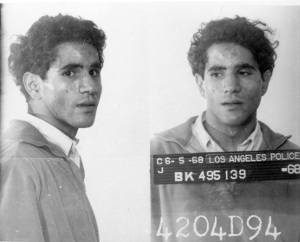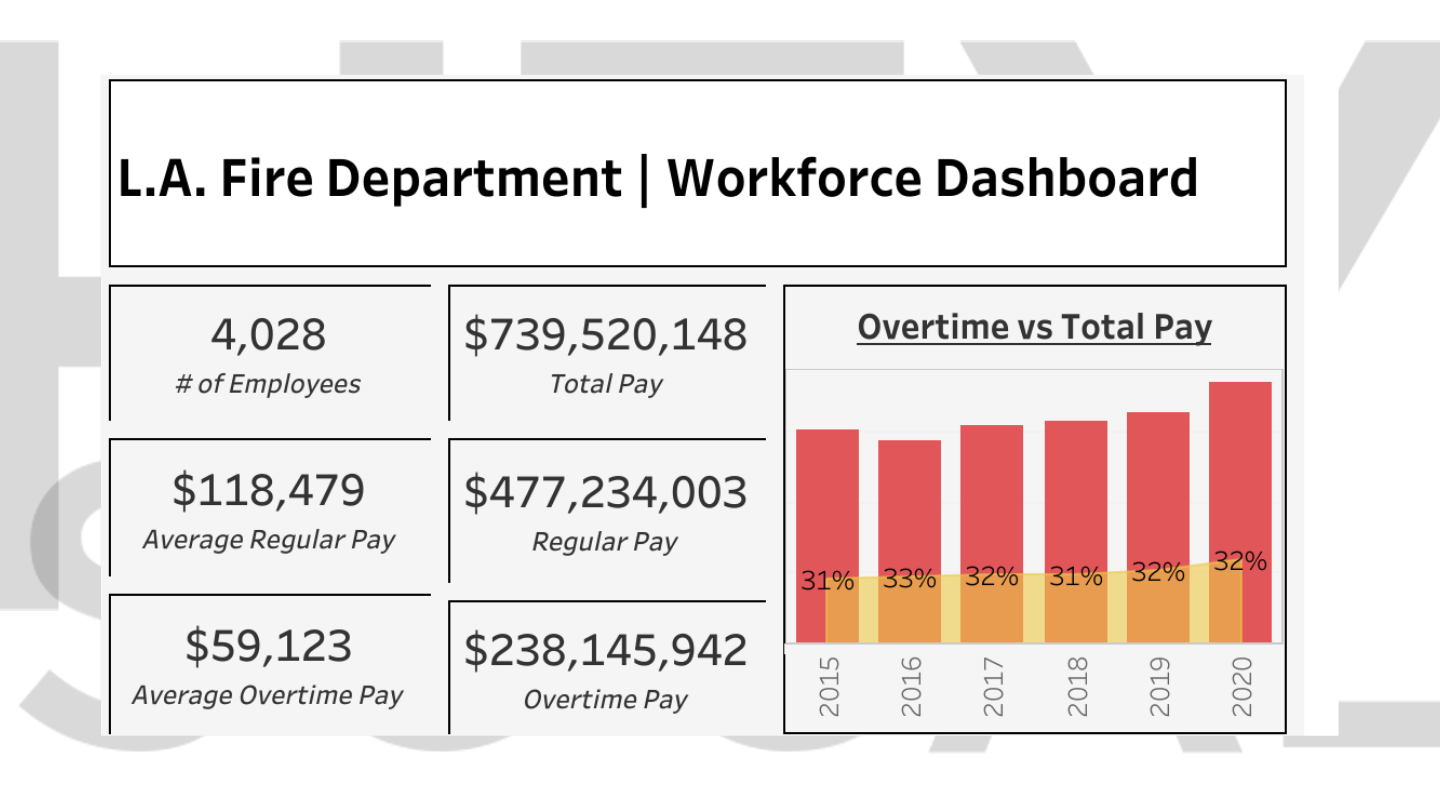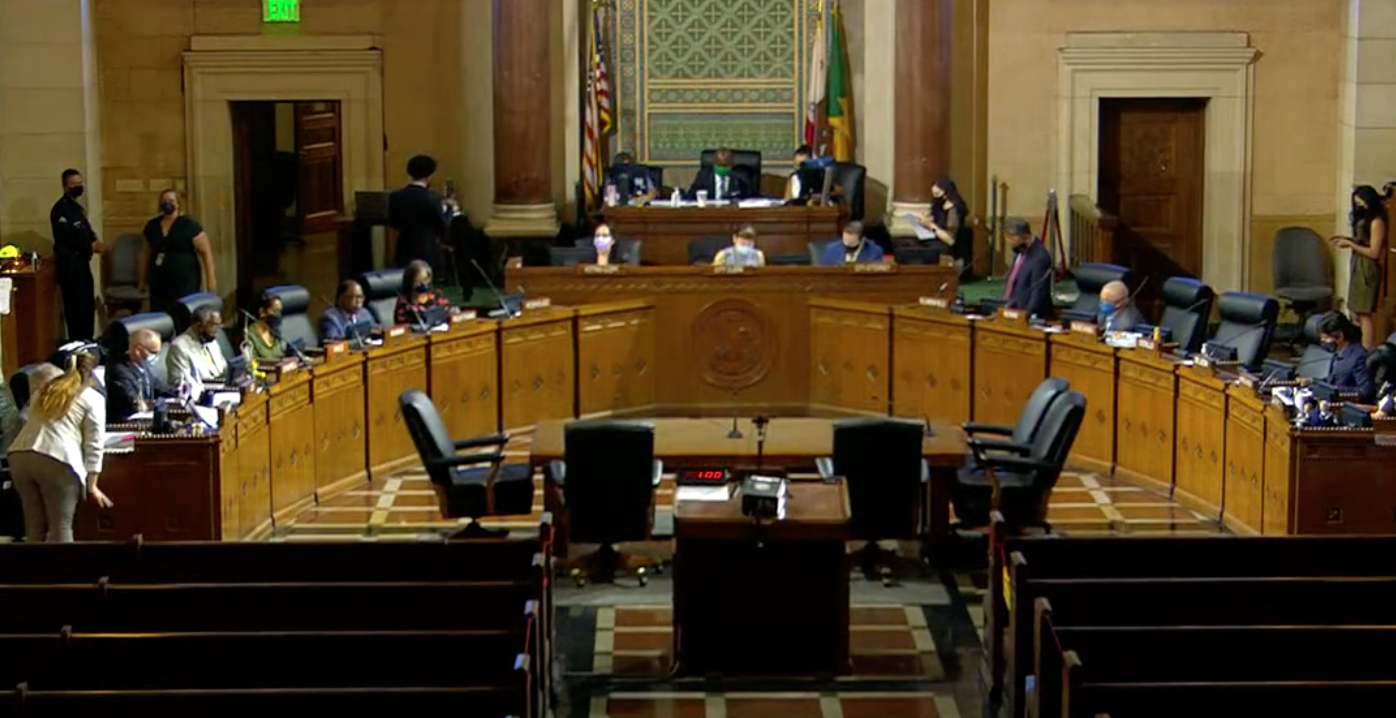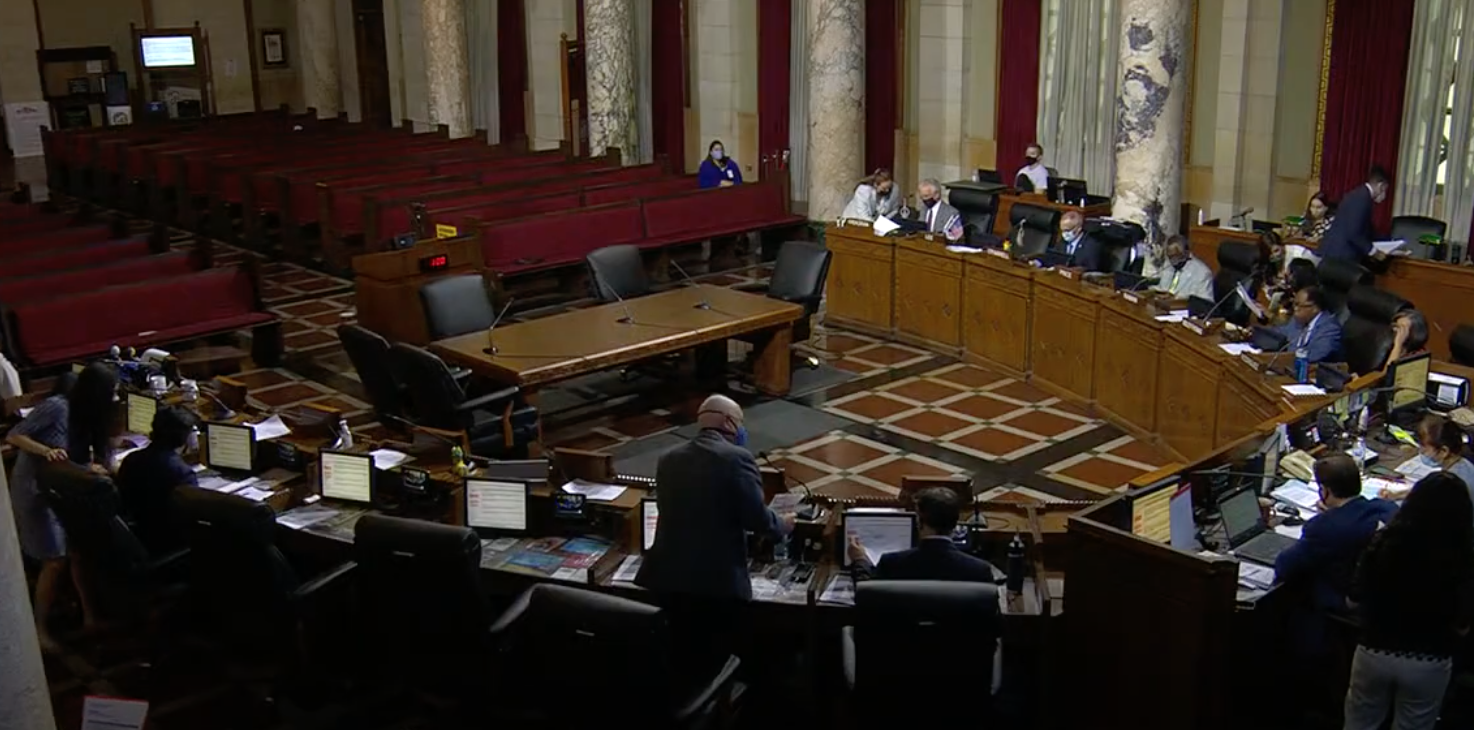Sirhan Sirhan, the man convicted of assassinating Sen. Robert F. Kennedy in 1968 in Los Angeles, is scheduled to make his 16th bid for parole Friday, but this time he won’t be facing any opposition from county prosecutors.
The 77-year-old Sirhan’s parole hearing is scheduled at the Richard J. Donovan Correctional Facility in Otay Mesa, in San Diego County.
No one from the Los Angeles County District Attorney’s Office is expected to make an appearance at the hearing to oppose his release. Nor with the office submit any documentation supporting it. Essentially, the office is taking a neutral stance.
District Attorney George Gascon has set a policy against attending parole hearings for defendants who have served lengthy prison sentences beyond the required minimum term.
According to the Washington Post, the Kennedy family also has not submitted any letters taking a position on Sirhan’s parole, nor have they requested to speak at the hearing.
Sirhan’s younger brother, Munir, a Pasadena resident, told the Post, “We’re awaiting the deserved, proper decision from the parole board.”
He said some of his neighbors have submitted letters supporting his brother’s release.
Sirhan was convicted in April 1969 of first-degree murder and assault in the June 5, 1968, assassination of Democratic Sen. Robert Kennedy, 42, at the Ambassador Hotel in Los Angeles. Kennedy was speaking at the hotel while moving closer to the Democratic presidential nomination. Five others were shot during the attack but survived.
The native Palestinian was initially sentenced to death, but it was later commuted to life in prison after the state Supreme Court declared capital punishment unconstitutional in 1972. He has now served more than 50 years in prison.
Sirhan was transferred to Donovan State Prison from a Kings County penitentiary on Nov. 22, 2013 — the 50th anniversary of the murder of his victim’s older brother, President John F. Kennedy.
He previously was housed at Corcoran State Prison in Central California.
Sirhan has claimed amnesia brought on by excess consumption of alcohol and denied committing the killing, despite having admitted to the crime in open court during his trial.
He was last denied parole in 2016.
If the two-member panel determines Sirhan is suitable for parole, the decision will then undergo a 90-day review period, followed by a 30-day window for the governor to either uphold the decision, overturn it or modify it in some way. The matter could also be sent to the full state parole board for review.







